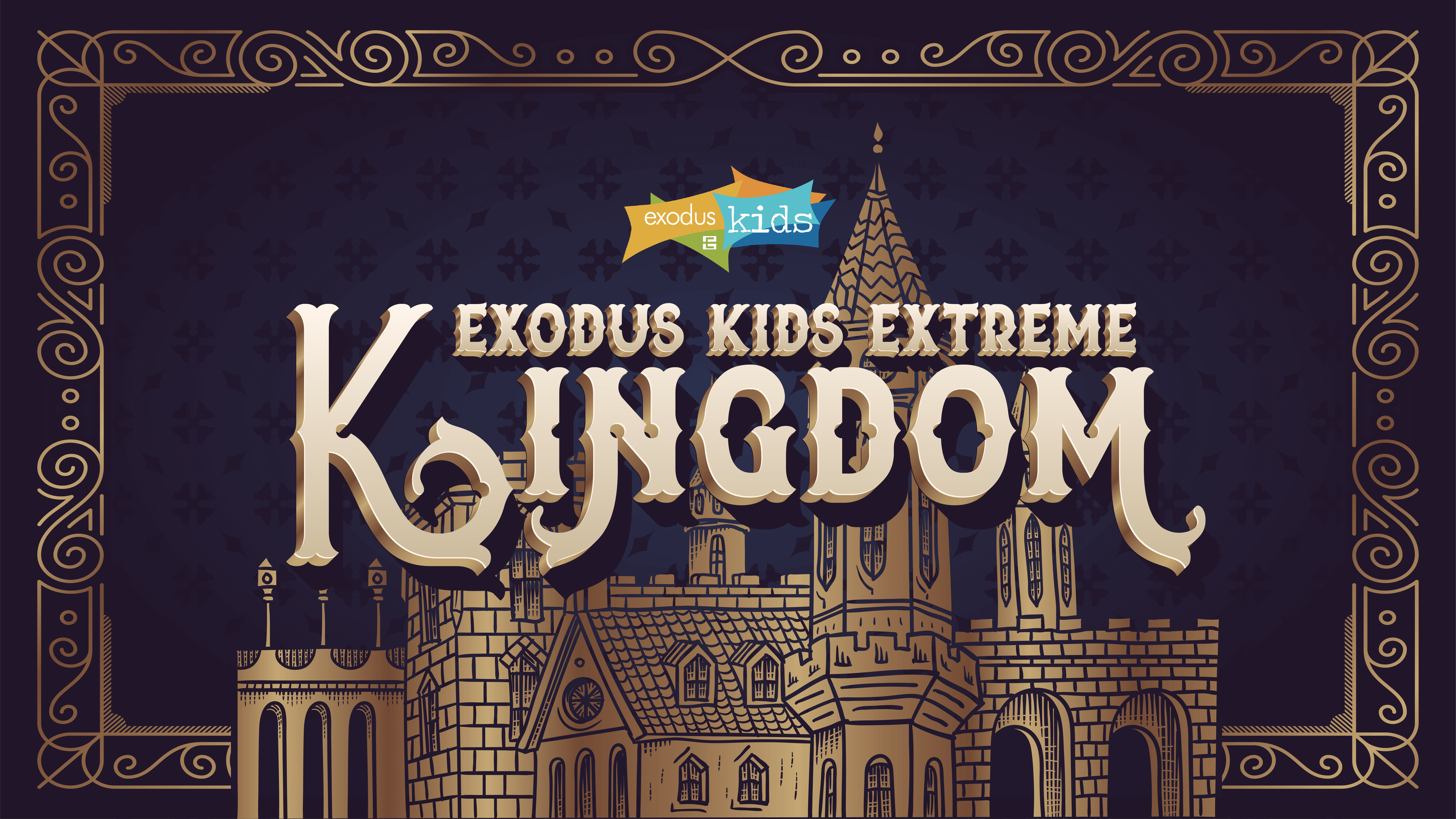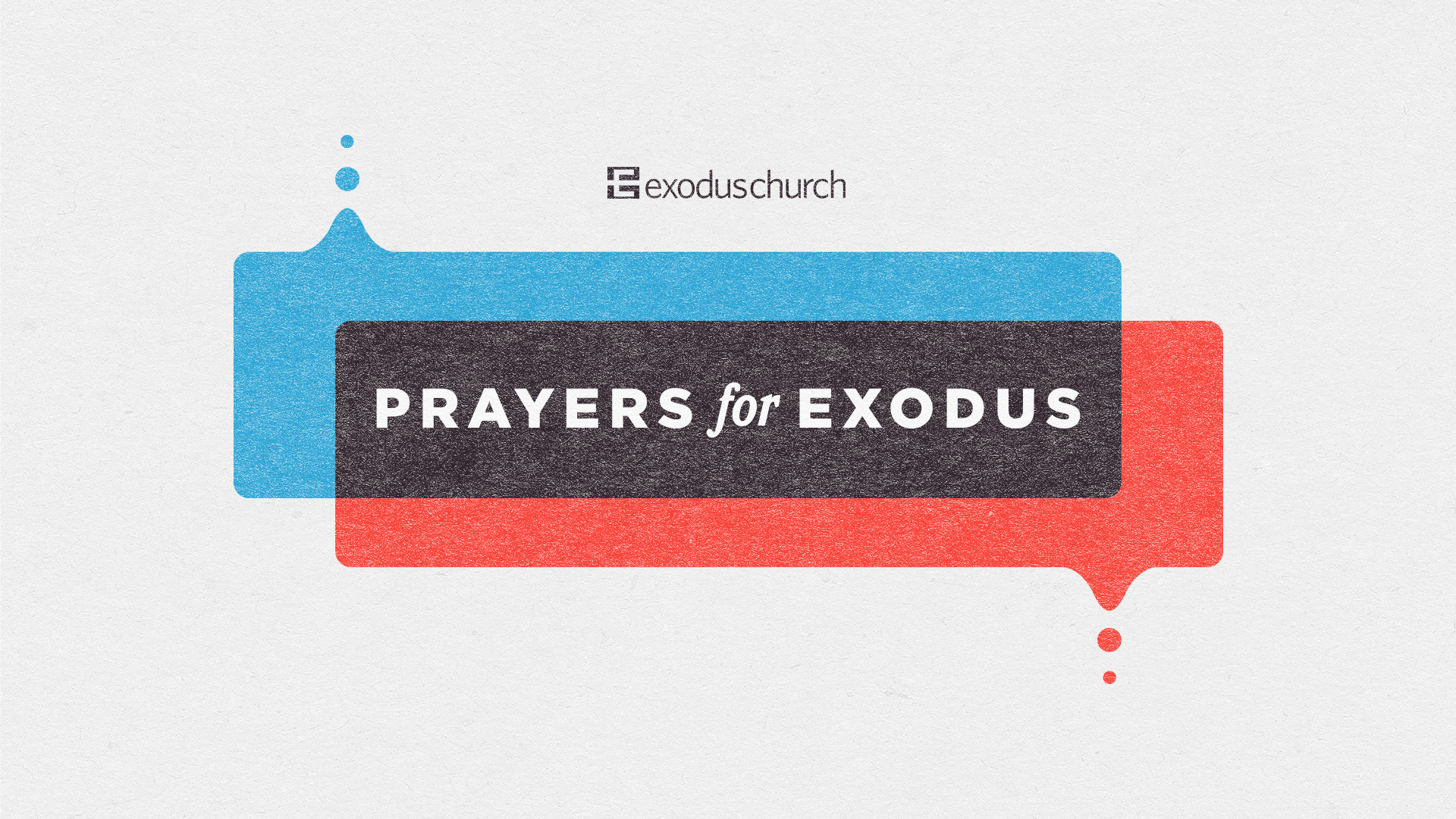JOHN 19:16-37
A mentor once told me that one of the most effective ways to communicate a message is to first tell your audience what you are going to tell them, tell them, and then tell them what you told them. Imagine my surprise when I noticed this pattern in Scripture with the most important message ever communicated to the audience of humanity—the word of God taking on flesh to redeem a rebellious people.
The Old Testament is laden with prophecies and pictures of the Messiah and Jesus fulfilled every one of them. While fulfilled prophecies can be found throughout the book of John, like a pounding ham- mer, the rapid succession of them in chapter 19 fastens one truth to the crux of history—Jesus, fully God and fully man, is that promised one. He is the Son of God. Woven throughout this chapter are the same threads God has used since the fall of man to foreshadow the coming Savior: the law, prophecies, and people.
Just like the scapegoat from Leviticus 16, after Jesus’ death sentence, bearing the burden of the sins of the masses on his shoulders, he was led outside the city so that the wrath of God could be poured upon him. In the same way that Moses lifted up the serpent in the wilderness to heal the dying, Jesus was lifted up so that those perishing in their sins may believe in him and be saved.
As if taking cues from Psalm 22:16, the Roman executioners encircled Jesus with evildoers. Law breakers were to his right and left, hypocritical rule followers were before him, all in the company of those who murdered their creator by either action or passivity.
Pilate, an unlikely proclaimer of Christ’s royalty, rightly named Jesus as King to those who, literally hours before, had dismissed God as their true king and embraced Caesar as their only leader. Not surprisingly, the Pharisees were offended by what Pilate wrote. As if to foreshadow that the gospel would go into every corner of the earth, Jesus’ true identity was not only written in Aramaic for the Jews, but in Latin, the offcial Roman language, and Greek, the international language of the empire. However, Pilate wasn’t the only unwitting proclaimer of Christ’s deity.
While prisoners cried out in agony above, the Roman soldiers sat down to gamble for souvenirs. A Jewish bystander would have instantly recognized their game. The rule book consisted of Psalm 22:18. Jesus’ garments could be ripped at the seams, but his tunic was one piece, meaning the soldiers had to both divide his garments among themselves and cast lots for his tunic, fulfilling David’s prophecy from hundreds of years earlier.
Their game, however, was soon interrupted. As he drank deeply from the cup the Father had prepared for him, Jesus asked for something to quench his thirst.
With his mouth still bleeding from the repeated blows of mocking Roman soldiers, Jesus drank the sour wine from the sponge on the hyssop branch. Scripture first mentions this plant in Exodus 12 when Moses instructed the enslaved Israelites to use it to smear the blood of the Passover lamb onto their doorposts so that the Lord would spare them. Of course, the blood on this hyssop branch was from the slain “Lamb of God, who takes away the sin of the world.”
As Jesus breathed his last, full payment was made. With bones unbroken like the sacrificial lambs before him, the true Passover lamb was slaughtered. With his side pierced according to Scripture, substitutionary atonement was accomplished. The hill rang out with one glorious truth: “It is finished!”
God’s work, on the other hand, is not finished. Just like Jesus’ tunic, the redemptive story of scripture is seamless. From top to bottom, beginning to end, the promise of Jesus is profoundly present. As John witnessed the life of Jesus, he couldn’t help but write about what he saw. He knew people could not believe what they did not hear. And for those that have believed and received life in Jesus’ name, God not only calls them into his family, but he sends them out to bear witness about him.
By this, the church takes part in what began in Genesis 3—God redeeming a people from every tribe and tongue and nation so that they will one day stand before him in worship, proclaiming “Salvation belongs to our God who sits on the throne, and to the Lamb!” That celebration is one that will never end.



